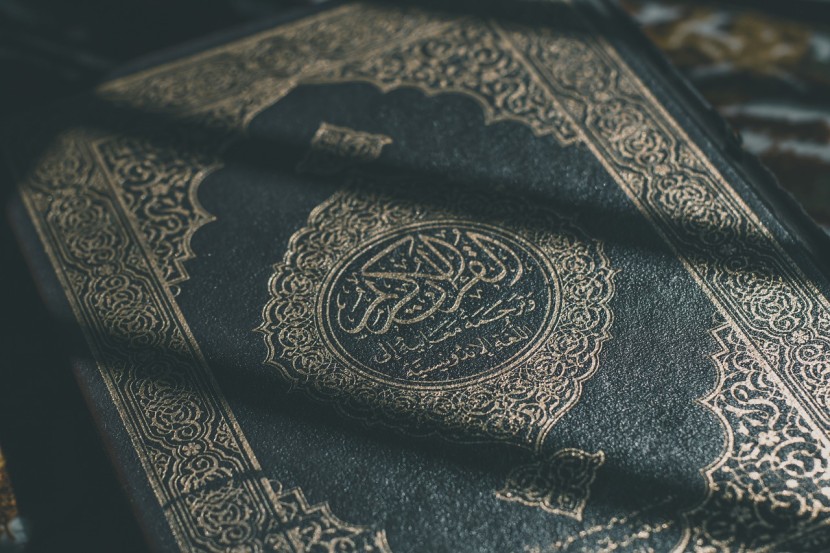
The United Nations' human rights council has endorsed a contentious resolution in the wake of the Quran-burning incident in Sweden. The motion calls on governments to "address, prevent and prosecute acts and advocacy of religious hatred."
The United States, the European Union, and other Western nations voiced strong opposition to the resolution on the grounds that it violated free speech regulations. On Wednesday, July 12, The Guardian reported that 28 nations voted in favor of the resolution, 12 countries voted against it, and seven nations abstained.
Quran-Burning Protests
An Iraqi-born demonstrator in Stockholm, the capital city of Sweden, last month sparked uproar by ripping pages from the Quran, wiping his shoes with some of them, and burning others.
Organization of Islamic Cooperation (OIC) denounced Sweden's authorities and invited the Geneva-based UN human rights council to address the matter after an attack on the Swedish embassy in Baghdad, Iraq.
Sweden's bid to join NATO has been stalled due to Turkey's frustration with what it calls "vile protests against the holy book." The Turkish president, Recep Tayyip Erdoan, decided to drop his objections to the application earlier this week.
There has been a rise in requests for permits to burn religious books in Sweden, including the Bible, the Torah, and the Quran.
Religious Hate vs. Free Speech
Meanwhile, western nations upheld free expression even though they intensely condemned the Quran burnings.
The German ambassador referred to them as a "dreadful provocation," but he also noted that, as part of the free speech process, it was necessary to "hear opinions that may seem almost unbearable." The French diplomat argued that preserving individuals, not faiths or symbols, was at the heart of human rights.
After the proposal was voted down, US envoy Michèle Taylor claimed that a consensus might have been formed with additional time and open debate.
"Unfortunately, our concerns were not taken seriously," Taylor said. "I'm truly heartbroken that this council was unable to speak with a unanimous voice today in condemning what we all agree are deplorable acts of anti-Muslim hatred, while also respecting freedom of expression."
Khalil Hashmi, Pakistan's ambassador to the UN in Geneva, said that the resolution was not intended to stifle free expression but rather to find a middle ground.
Some liberal Swedish critics have suggested that the demonstrations qualify as ethnically motivated hate speech, which is illegal in the country. But many others argue that Sweden should not cave to pressure to reinstate blasphemy laws and instead protect free speech by allowing criticism of religion, even if believers find it offensive.
Attempts by Swedish authorities to outlaw Quran-burning demonstrations have previously been deemed unconstitutional on free speech grounds. The one from last month was approved on the basis that the potential security dangers did not warrant a denial of the request in light of the applicable legislation.
© 2026 HNGN, All rights reserved. Do not reproduce without permission.








